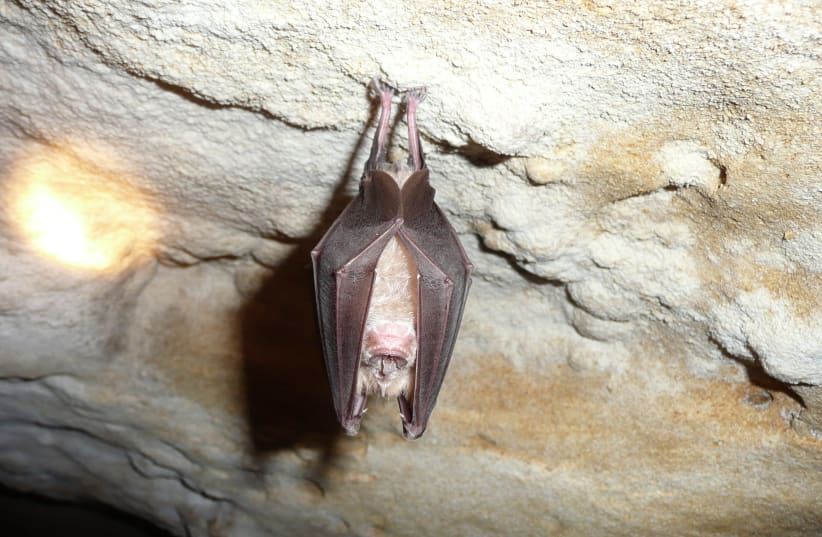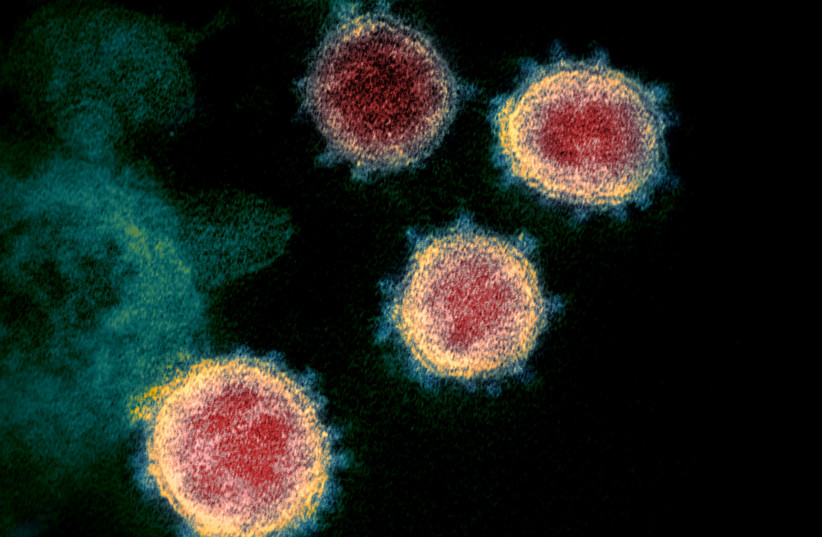Horseshoe bats found in caves in Laos carry coronaviruses similar to SARS-CoV-2, researchers from the Pasteur Institute and the University of Laos have found.
The study is pre-print and is under consideration for publication by a Nature journal.
The researchers looked for viruses similar to SARS-CoV-2 and found three among the bats that had receptor binding domains closely resembling those found in the virus, Bloomberg reported. The domains are part of the spike protein that allows the virus to attach itself to the human enzyme ACE-2. The study noted that no other viruses similar to the COVID-causing microbe have been shown to use this enzyme to infect human cells.
The researchers named the pathogens BANAL-52, BANAL-103, and BANAL-236.
The findings support the theory that the COVID-19 pandemic began due to the genetic crossover of a bat coronavirus.
According to Bloomberg, Marc Eloit, head of pathogen discovery at the Pasteur Institute in Paris, and co-authors said the coronaviruses they found are “the closest ancestors of SARS-CoV-2 known to date."
“These viruses may have contributed to SARS-CoV-2’s origin and may intrinsically pose a future risk of direct transmission to humans,” he added.

